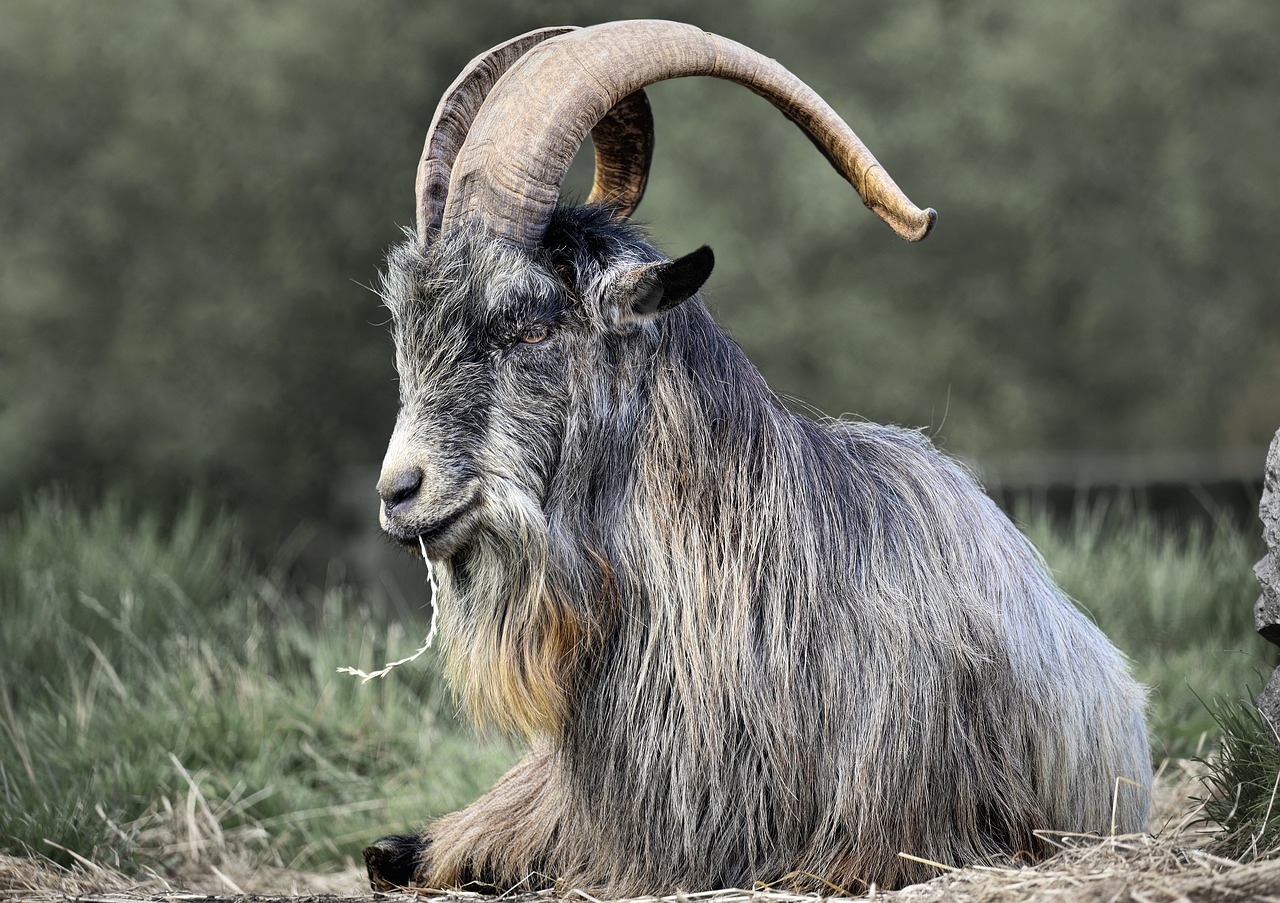Anticipation Grows for Upcoming Irish General Election
The political landscape in the Republic of Ireland is poised for a significant shift as Taoiseach Simon Harris is expected to announce the date for the next general election. With speculation swirling, he recently hinted at November 29 as a possible polling day, a move that could set the stage for a pivotal moment in Irish politics.
Coalition Government Dynamics
Harris, leader of Fine Gael, heads a coalition government that includes Fianna Fáil and The Green Party. The coalition has faced continuous inquiries regarding the timing of the election, which must occur before the term expires in March 2025. Despite months of ambiguity, Harris provided some clarity this week by expressing his optimism about a November election.
Harris emphasized his eagerness to seek a mandate from the Irish public, indicating a readiness to engage directly with voters in the coming weeks.
The government previously agreed to postpone elections until after the passage of the Finance Bill, which includes tax cuts funded by surplus revenues from major global tech and pharmaceutical companies. According to Irish law, once the Dáil is dissolved, an election must be conducted within 30 days.
Historical Context and Opposition Landscape
The last general election saw voters head to the polls in February 2020, where Fianna Fáil, led by Micheál Martin, emerged with the most seats but failed to secure a majority. This outcome prompted complex negotiations that concluded four months later, with an agreement to form a coalition government amid challenges posed by the COVID-19 pandemic.
Currently, Ireland’s coalition leadership comprises Roderic O’Gorman from The Green Party, Simon Harris, and Micheál Martin. A key aspect of their agreement involved alternating the role of Taoiseach between Fianna Fáil and Fine Gael during their five-year term. After Martin’s tenure ended in December 2022, Leo Varadkar assumed leadership but stepped down earlier this year, paving the way for Harris’s ascent in April following a party leadership contest.
Opposition forces are led by Sinn Féin, which achieved a significant electoral breakthrough in 2020 by securing 37 seats. Party leader Mary Lou McDonald characterized this success as “something of a revolution at the ballot box.” Other opposition parties include Labour, Social Democrats, People Before Profit, Aontú, and various independents.
As Ireland prepares for what could be a transformative election season, all eyes will be on how these developments unfold and shape the nation’s political future.


